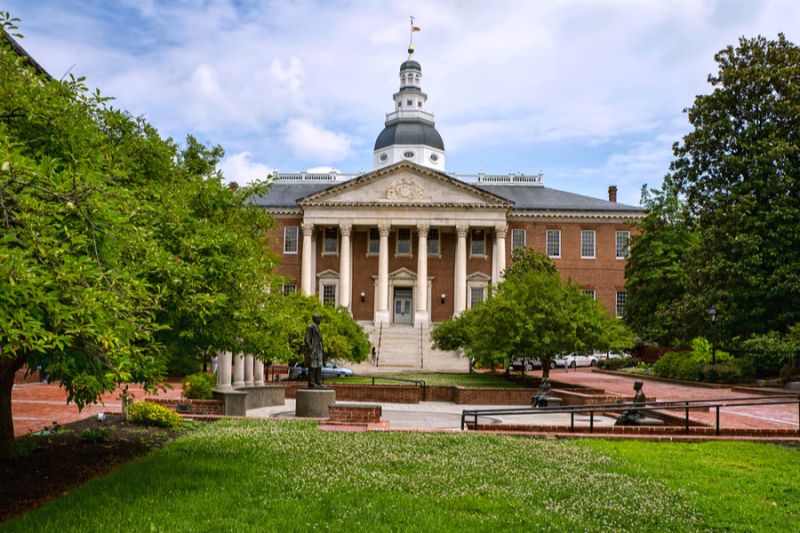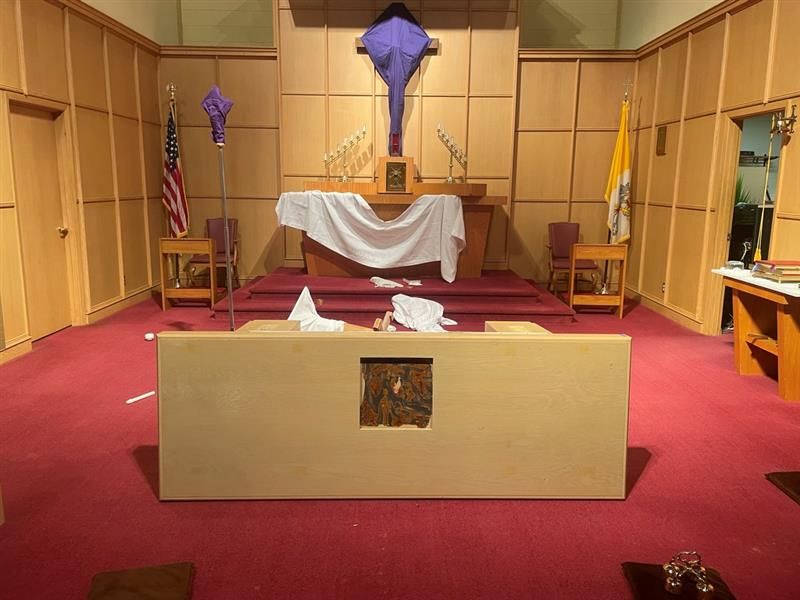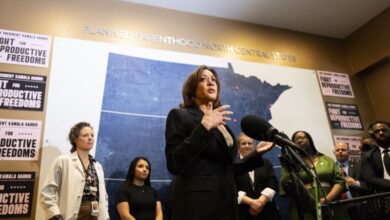One year after papal visit and apology, Canada’s bishops reflect on Indigenous outreach
 An indigenous dancer performs for Pope Francis on July 29, 2022, in Iqaluit in northernmost Canada. / Vatican Media
An indigenous dancer performs for Pope Francis on July 29, 2022, in Iqaluit in northernmost Canada. / Vatican Media Denver, Colo., Jul 27, 2023 / 15:45 pm (CNA).
A year after Pope Francis visited Canada to apologize for the Catholic Church’s mistreatment of the country’s Indigenous people, the country’s bishops have shared their reflections on his visit and their efforts to serve and reconcile with Indigenous communities.
“During those days with Pope Francis in Canada, we recognized in him the Lord’s mercy, which he offered to us,” Bishop Raymond Poisson, president of the Canadian Conference of Catholic Bishops (CCCB), said in a July 26 statement from the bishops’ conference.
“We realized that the Holy Father’s presence had involved great personal and physical effort on his part, but we also knew how much his encounters with Indigenous peoples represented, and still represent a living expression of a mutual effort — the Holy Father with the Church in Canada — to ‘walk together’ and to open up new horizons of hope within our communities,” Poisson said.
The bishops’ conference statement cited four separate pastoral letters on reconciliation with Indigenous Canadians. Three were addressed separately to each of Canada’s distinct Indigenous communities: the First Nations, the Inuit, and the Métis. A fourth letter was addressed to Catholics generally. These letters drew on listening sessions and other encounters with Indigenous Canadians.
A major topic in Canada is the legacy of the country’s now-closed residential schools. Though the schools were government-funded, they were administered and run by local churches and religious groups, the majority of which were Catholic.
The schools broadly worked to strip away Indigenous students’ native identities, practices, and languages, often against the will of the children’s tribes. Former students at the schools have described mistreatment and even abuse within their walls, and criticized the quality of the education they received, psychological damage, and other problems such as malnutrition and unsanitary conditions.
The Canadian government’s Truth and Reconciliation Commission in a 2015 report characterized the system as part of a policy of “cultural genocide.” It is estimated that 4,100 to 6,000 students died as a result of disease, injury, neglect, or abuse over the decades. Tuberculosis was a major killer, as was influenza.
In 2021, preliminary reports of possible unmarked graves at former residential school sites caused intense controversy and grief. While it was unclear whether the alleged graves were anything more than simply graves, some churches were vandalized or burned in the resulting controversy, including churches that serve Indigenous Canadian congregations.
In the wake of the reports, various delegations of Indigenous Canadians visited the Vatican and requested a papal visit. In response, Pope Francis made a “penitential pilgrimage” to Canada, visiting Alberta, Quebec, and the far northern territory of Nunavut from July 24–30, 2022, to apologize to Indigenous Canadians.
The bishops’ conference cited Pope Francis’ remarks at Maskwacis, Alberta, on July 26 of last year.
“I am here because the first step of my penitential pilgrimage among you is that of again asking forgiveness, of telling you once more that I am deeply sorry,” the pontiff said. “Sorry for the ways in which, regrettably, many Christians supported the colonizing mentality of the powers that oppressed the Indigenous peoples. I am sorry.”
“I ask forgiveness, in particular, for the ways in which many members of the Church and of religious communities cooperated, not least through their indifference, in projects of cultural destruction and forced assimilation promoted by the governments of that time, which culminated in the system of residential schools,” he continued.
The Canadian bishops noted other recent developments, such as the Vatican’s affirmation of the rights of Indigenous people and explicit repudiation of the “Doctrine of Discovery,” a concept of secular law that drew from several 15th-century papal documents discussing lands discovered by European explorers.
Indigenous Canadians have sought accurate records involving their relatives and peoples. In response, the CCCB’s permanent council has released guidelines for dioceses on Indigenous-related records to help efforts to identify and request records.
The Archdiocese of Edmonton has produced a video about the papal visit, “Papal Visit to Canada, One Year Later.” According to the bishops’ conference, it portrays the papal visit as “a significant step on the road to healing and reconciliation” and tries to show that Pope Francis’ visit helped make reconciliation a reality.
It includes reflections from Cardinal Gérald Cyprien Lacroix of Quebec, Bishop Anthony Wieslaw Krotki of Churchill-Baie d’Hudson, Archbishop Richard Smith of Edmonton, and Victor Buffalo, former chief of the Samson Cree Nation.




